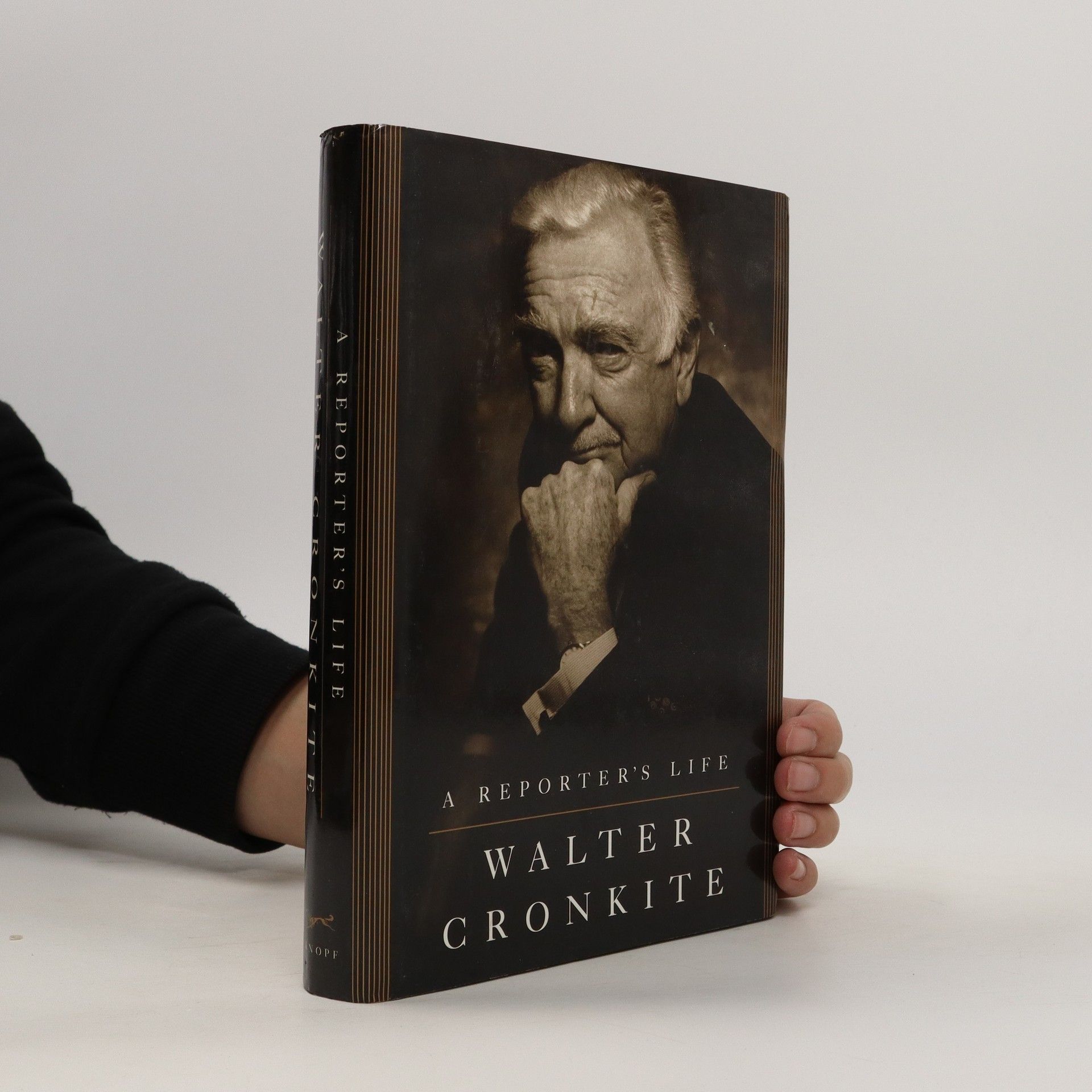Salviamo la terra
- 208pagine
- 8 ore di lettura
Walter Cronkite è stato un'icona del giornalismo televisivo americano, ampiamente considerato la voce più fidata del suo tempo. La sua presentazione calma e professionale delle notizie cruciali ha plasmato la comprensione di un'intera generazione. Cronkite non fu solo un annunciatore, ma fu percepito come una bussola morale che aiutava il pubblico a navigare eventi complessi. La sua eredità risiede nel colmare il divario tra eventi e persone, con un impegno incrollabile verso la verità e l'obiettività.




Hailed by Entertainment Weekly as "the next best thing to a road trip," These United States is a celebration of the magnificence of the United States of America and a tribute to all that makes it great. Inspired by the deluxe limited edition, Rizzoli is proud to present These United States in a slightly smaller format. It showcases breathtaking panoramic photos from the East to the West Coasts; from the wilderness of the frontier to the cities; and from the earliest American historical landmarks to images of America post-9/11. These United States grandly exhibits the diverse elements comprising the heart and soul of America.
He has been called the most trusted man in America, with a 60-year journalistic career that has spanned the Great Depression, wars, and significant changes in the nation. When Walter Cronkite stated in 1968 that the Vietnam War could not be won, President Lyndon B. Johnson remarked, "If I've lost Cronkite, I've lost middle America." Now, at eighty, Cronkite shares his life story, detailing the journey of the original "anchorman." As a witness to pivotal events for the Houston Press, United Press, and CBS, he set a standard for integrity, objectivity, and compassion that is hard to match. He is a vessel of history, connecting with the people and events that shaped the nation. Beyond journalism, Cronkite enjoyed driving race cars, finding it a thrilling escape that distinguished him from the average person. His empathy was profound, often moved to tears by injustices against the vulnerable. He struggled to maintain composure while reporting on President Kennedy's assassination. Cronkite played a significant role in television's rise, advocating for quality and ethics, yet now observes its decline and the rise of sensationalism. Despite this shift, the American people have long appreciated receiving news from a man of exceptional caliber, making his story a compelling read.